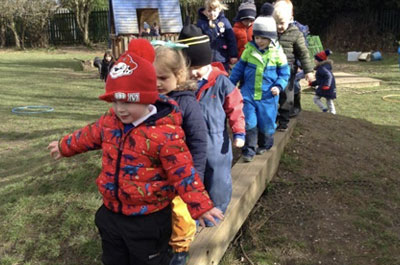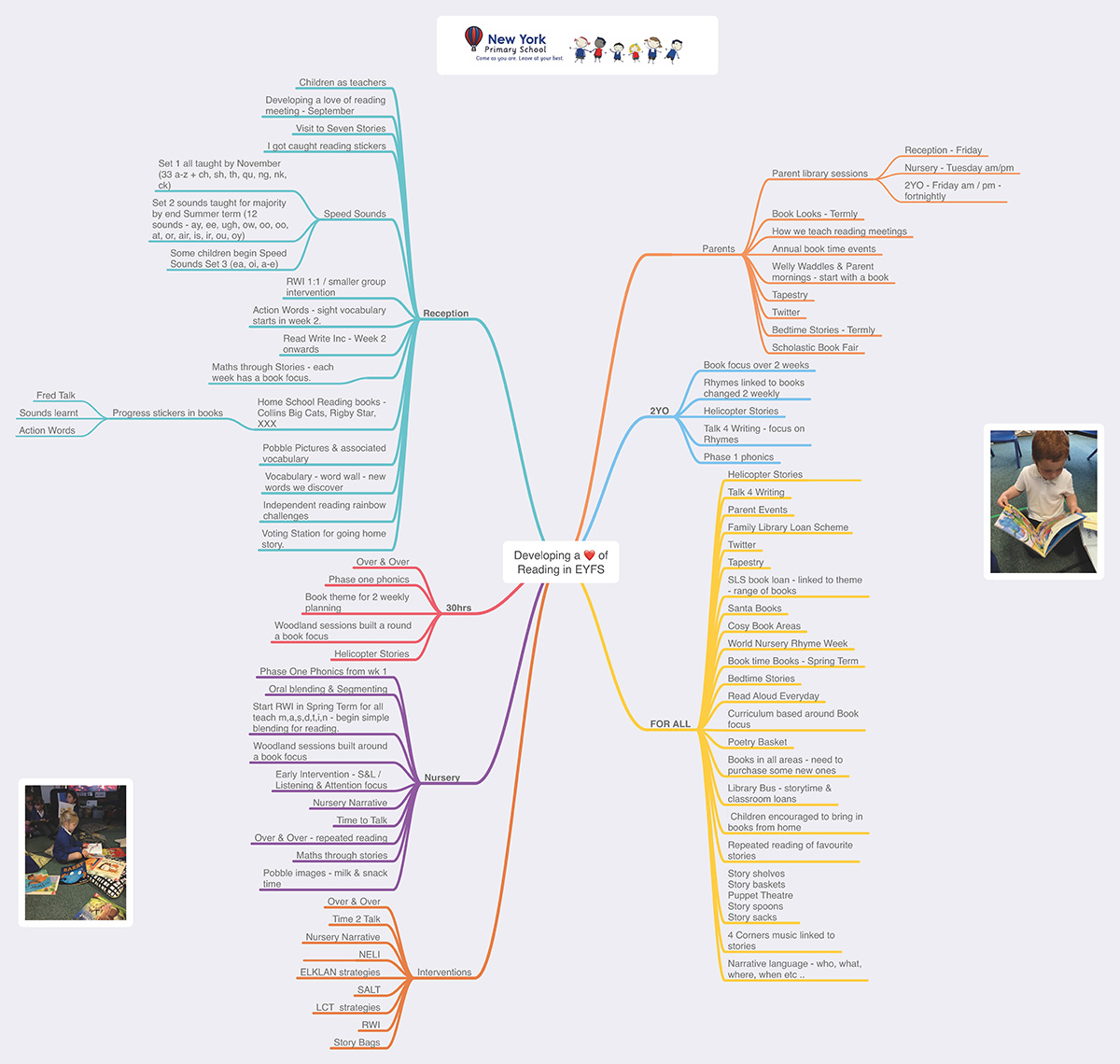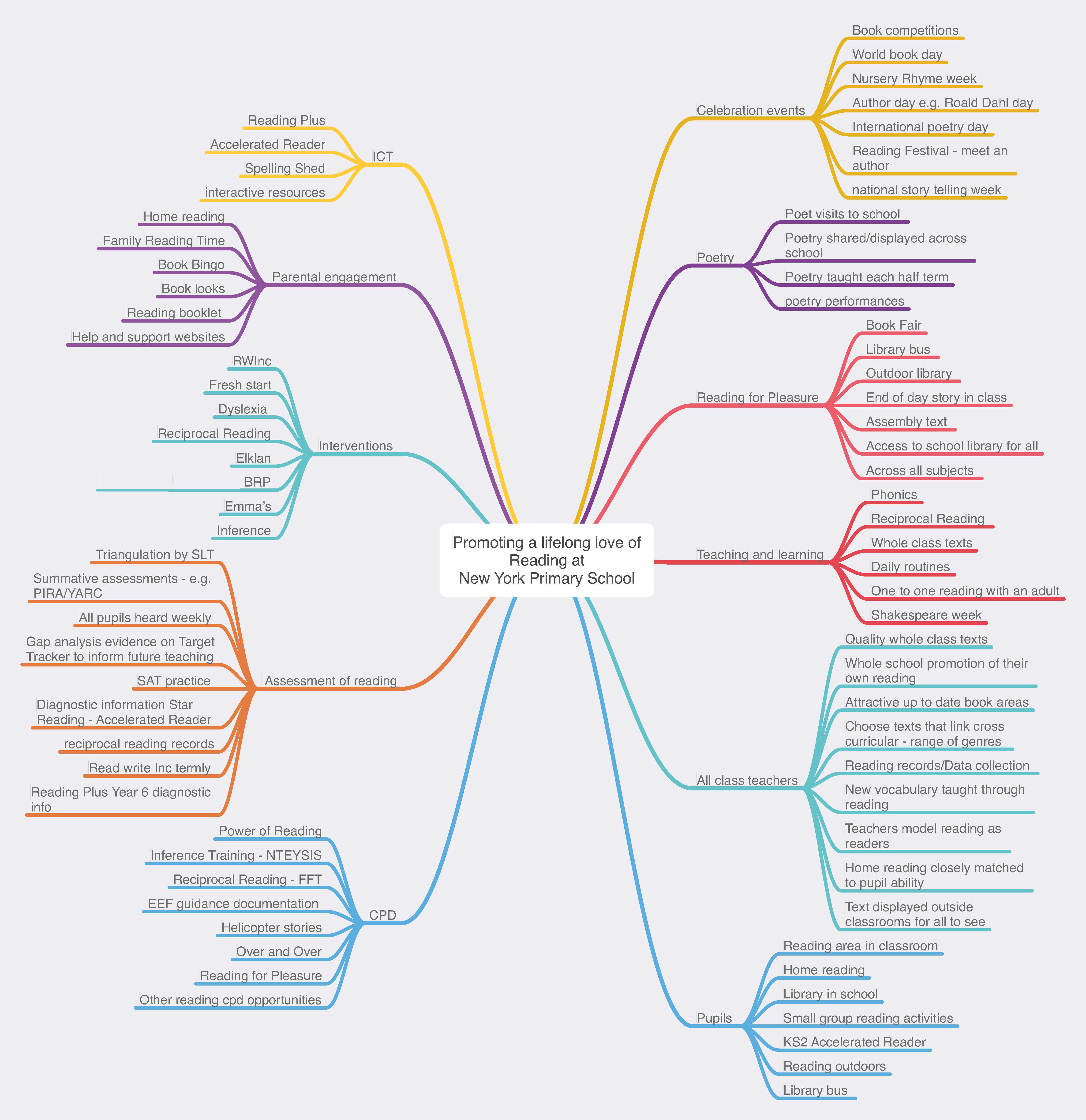English
Our aim at New York Primary School is to deliver an exciting, innovative English curriculum that enables and empowers children’s written and oral communication and creativity.
Our overarching aim for English is to promote high standards of language and literacy by equipping pupils with a strong command of the spoken and written word, and to develop their love of literature through widespread reading for enjoyment and pleasure.
How we teach reading at New York Primary School
Learning to read is one of the most important things your child will learn at our school.
Everything else depends on it, so we put as much energy as we possibly can into making sure that every single child learns to read as quickly as possible.
We want your child to love reading – and to want to read for themselves. This is why we work hard to make sure children develop a love of books as well as simply learning to read.
We start by teaching phonics in EYFS and Years 1 and 2 using the highly successful ‘Read Write Inc’ phonics programme. Children learn how to ‘read’ the sounds in words and how those sounds can be written down. This is essential for reading, but it also helps children learn to spell well.
The children also practise reading (and spelling) ‘tricky words’, such as ‘once,’ ‘have,’ ‘said’ and ‘where’. Once children can blend sounds together to read words, they practise reading books that match the phonics and the ‘tricky words’ they know. They start to believe they can read and this does wonders for their confidence.
Teachers regularly read to the children, too, so the children get to know and love all sorts of stories, poetry and information books. This helps to extend children’s vocabulary and comprehension, as well as supporting their writing.
Up until the end of Year 2, your child will work with children who are at the same reading level. This is so that the teaching can be focussed on their needs. Some older children will continue to access Read Write Inc groups if they need further consolidation and development of reading skills.
In Key Stage 2 (years 3, 4, 5 and 6,) the children undertake regular reciprocal reading sessions with the teaching staff in their class, have a wide selection of reading materials to choose from and projects linked to reading, with rewards systems for encouragement. To improve comprehension we have a computer based programme called Accelerated Reader. Across KS2 pupils take part in Reading Plus – a program to help them become better readers. Reading Plus helps children develop the skills they need to be fluent, proficient readers and lifelong learners
Our videos below will show you the sounds that our RWInc phonics system for reading and writing teachers the children.
Thank you to our lovely volunteers for being our mini-teachers!
What does school offer to engage my child to read for pleasure?
In school we have made a significant investment in a variety of reading books to encourage your child to access a range of texts suited to their own personal interests while also extending their reading ability and confidence.
Pupils also have access to a significant ‘library’ collection of books (held within each classroom) and are encouraged to read weekly at home.
Classes read shared texts where reading and writing combine, providing children with a deeper understanding of texts.
Books are carefully chosen to meet the needs and interests of the cohort and staff develop teaching plans to enthuse the children. They often link into our wider curriculum, with history, geography and social themes particularly popular with our pupils.
If you have any further queries about how we teach reading at New York, please don’t hesitate to get in touch.
To find out more, read our Reading Booklet below. Please also visit class pages to find out about the current text your child is learning.
Talk for Writing – What is Talk for Writing?
At New York Primary School English is taught using the principles of Talk for Writing. The Talk for Writing method enables children to imitate orally the language they need for a particular topic, before reading and analysing it, and then writing their own version. Here are the key stages
We are a Talk for Writing School
As a Talk for Writing school, all children learn to write through Talk for Writing. Talk for Writing was developed by the author Pie Corbett. It is a fun, creative yet also rigorous approach to develop writers. Talk for Writing starts with enjoying and sharing stories. Throughout the school, we place a strong emphasis on children reading stories and enjoying a range of literature. Through regular reading, we want children to build up an extensive and rich vocabulary for use in their own writing.
During the initial ‘imitation’ stage of Talk for Writing, children learn to tell a story off by heart. They retell a text with expression and actions and make use of a story map to support their retelling. Once the story is learnt, children are encouraged to adapt it. At the ‘innovation’ stage, children make the story their own, for example, by changing the character or setting. Finally, at the ‘invention stage, children write their own text independently.
Subjects

ENGLISH

MATHEMATICS

SCIENCE

COMPUTING

HISTORY

GEOGRAPHY

DESIGN TECHNOLOGY

MUSIC

ART & DESIGN

RELIGIOUS EDUCATION

PHYSICAL EDUCATION

PSHE & RSE

LANGUAGES

CAREERS

EARLY YEARS FOUNDATION STAGE
School hours
Monday to Friday
9:00am – 3:30pm.
Address
Lanark Close | North Shields
NE29 8DP
Phone
0191 814 1788


